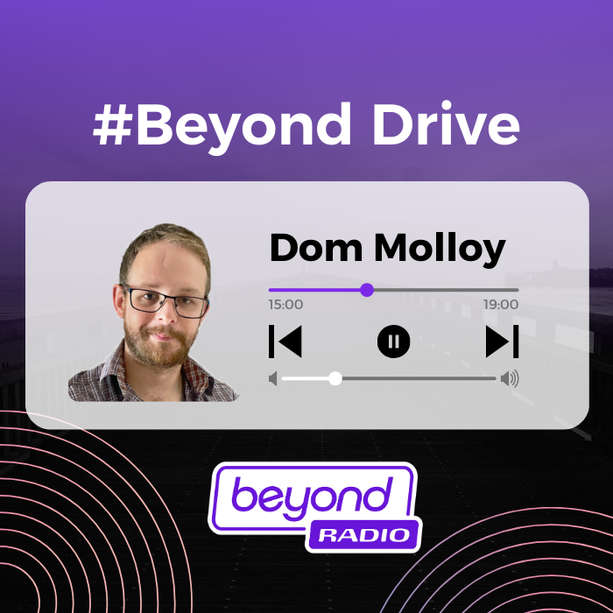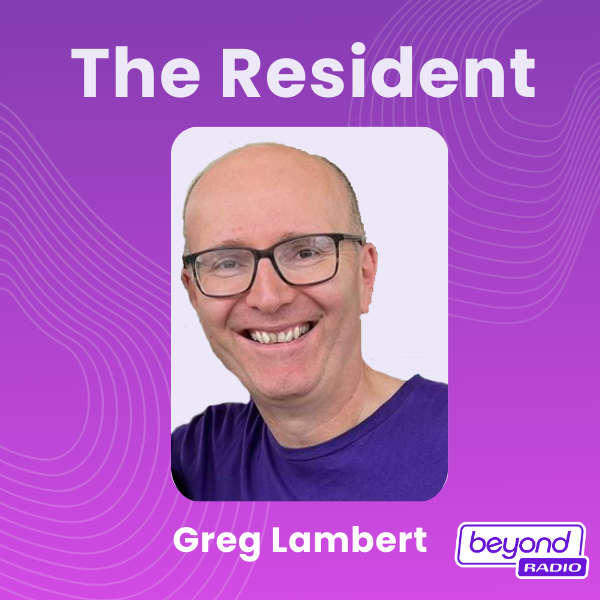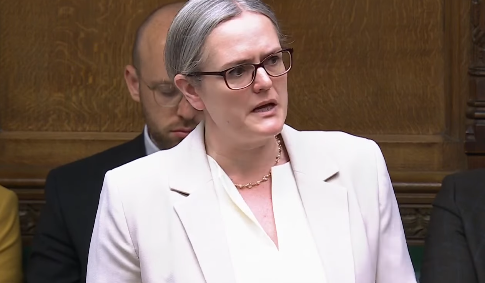
The MP for Morecambe and Lunesdale has spoken out against a clause in the assisted dying bill which she says would "stop doctors having full and frank conversations with dying people".
Lizzi Collinge spoke during Friday's discussions in Parliament about a bill which would allow terminally ill adults in England and Wales, expected to die within six months, to seek help to end their own life.
The legislation passed its first stage in November 2024.
Ms Collinge was one of 330 MPs to back proposals to legalise assisted dying in England and Wales, in a historic decision in Parliament.
Since then, the bill has gone through six months of intense scrutiny by a parliamentary committee and several changes.
The issue has split MPs, with strong views on both sides.
On Friday, MPs debated further potential changes, which included preventing medical staff from raising the option of assisted dying with a patient first.
Speaking in the Commons on Friday, Ms Collinge said: "New Clause One says that no health professional should raise assisted dying first unless the patient has already raised it.
"So if a patient doesn't mention the issue, doesn't specifically ask for it, then the doctor would be entirely prohibited from even mentioning it.
"This is problematic for many different reasons. It goes against good medical practice and it's actively opposed by the British Medical Association.
"For me, the new clause would undermine the hard-won rights of people to be fully informed of their medical options, and would make the application of the bill unfair and unequal, to the detriment of marginalised people in particular.
"Patients should not be being influenced by the opinions, whether philosophical or medical, of a doctor; what they should be influenced by, is full and informed consent. I believe that new clause 1 would chill those discussions, and limit the option of an assisted death to those already in the know, those who are the most medically literate, and those who are often the least marginalised in society. It would result in unequal access to a legal process, and flies in the face of good medical practice, which has moved away from the paternalism that harmed patients and took away their individual control. After many years of fighting, mainly by women and marginalised communities, it is now established that good healthcare practice means patients having full information to make their own decisions.
"Why, then, would we now choose, as a House, to hide from patients information about their options? For so many years, people have been put through that. Informed consent to treatment, including end of life care, is informed only when it includes all options. There is also the practical element of what would count as a patient raising it first. Would they have to make a specific statement? Would they have to use specific language? It would create a legal and medical minefield for doctors and patients.
"Colleagues may wish to look at the NHS constitution, which says 'You have the right to be involved in planning and making decisions about your health and care with your care provider or providers, including your end of life care, and to be given information and support to enable you to do this.'
"That can be the case only if people are given the full information. All people should have access to full information on matters of care. To do otherwise is to deny people their decision—it is paternalistic, and we should move away from that model. People have fought so hard for that to happen.
"We have a chance today, colleagues, to ensure that the legislation is the best it can be. It has been a pleasure to listen to the contributions of colleagues across the Chamber. I am minded to support the amended Bill on Third Reading, because the current situation for terminally ill people, with no safeguards, no protection and no choice, is absolutely unsupportable."
Ms Collinge, after the debate, said: "Today I spoke on proposed amendments to the assisted dying Bill.
"I spoke specifically against New Clause One which would stop doctors having full and frank conversations with dying people.
"This clause would have obliged doctors to hide information on Assisted Dying from terminally ill patients, impacting patients full and informed choice.
"This clause will be voted on at the next sitting in June."
Further debate and voting will take place on June 13, followed by a vote on whether to pass the bill as a whole to its next stage or reject it.
MPs have been given a free vote, as the government is neutral on the bill.
Tim Farron, MP for Westmorland and Lonsdale, was one of those to oppose the bill last November.
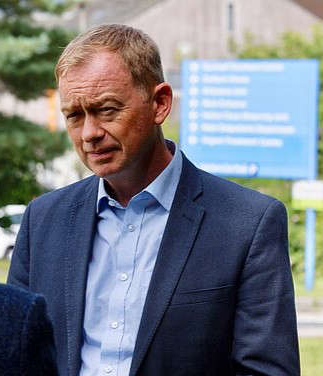
Speaking in the Commons at the time, Mr Farron said: "My opposition to the Bill is grounded in compassion.
"To legalise assisted dying would be to create the space for coercion that would undoubtedly see people die who would not otherwise have chosen to do so.
"There are no safeguards in the bill that would prevent that."
Posting on his social media after the debate on Friday, Mr Farron said: "I am deeply concerned about the impact of the Assisted Dying bill.
"Doctors raising assisted suicide with a patient who is under hidden coercive control could be very dangerous.
"It risks handing power to the patient’s abuser, who could exploit this recommendation."
Current laws prevent medics from helping any patient to carry out their wish to die.
Read more: Morecambe MP explains why she voted for assisted dying bill - Beyond Radio


 Guys Thatched Hamlet closes suddenly after 46 years
Guys Thatched Hamlet closes suddenly after 46 years
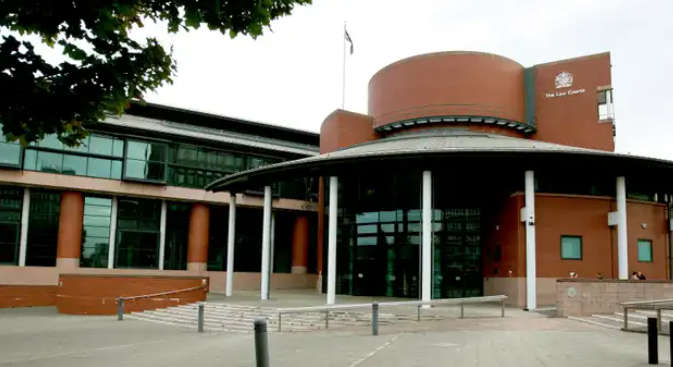 Teenager spared jail for causing death of newborn child in Morecambe
Teenager spared jail for causing death of newborn child in Morecambe
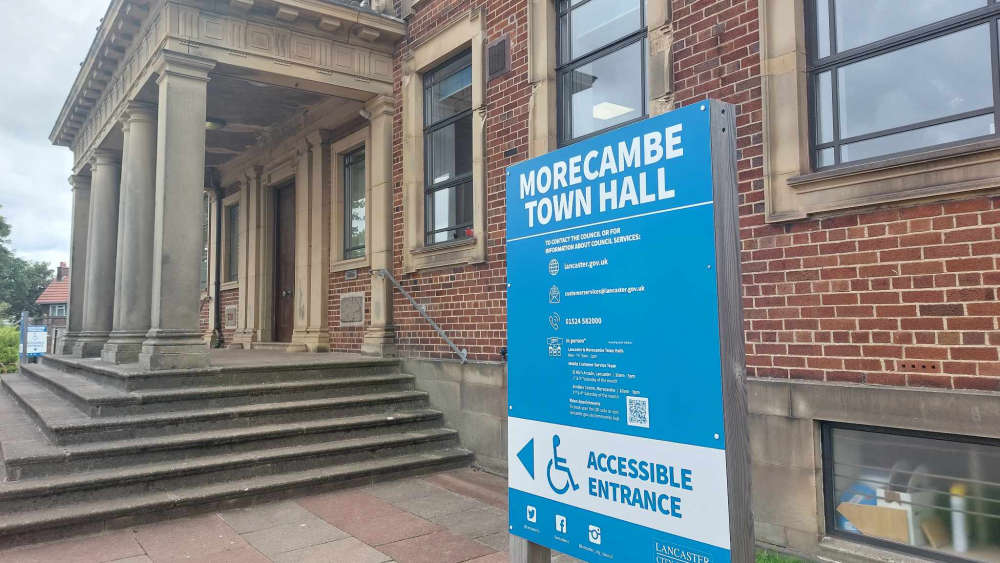 Morecambe Town Council agrees budget and 2.46 per cent rise in Council tax share
Morecambe Town Council agrees budget and 2.46 per cent rise in Council tax share
 Builders of new Lancaster housing development offer £2k cash pot to community groups
Builders of new Lancaster housing development offer £2k cash pot to community groups
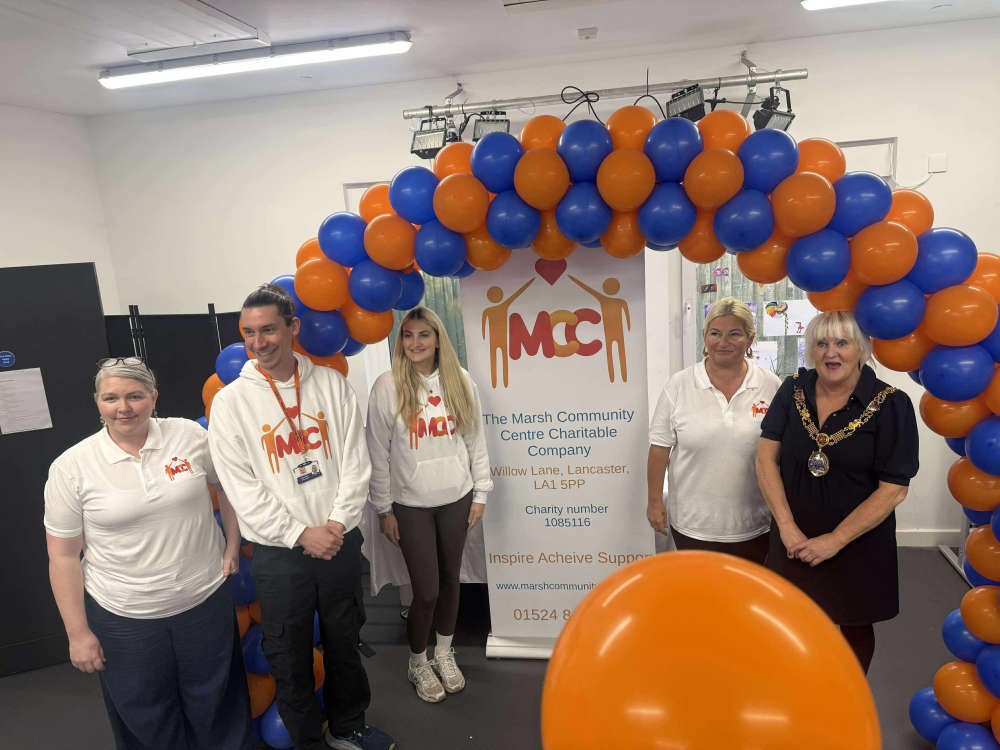 Lancaster centre welcomes mayor for opening of new community kitchen
Lancaster centre welcomes mayor for opening of new community kitchen
 Lancaster shop to close as high street gaming chain faces administration
Lancaster shop to close as high street gaming chain faces administration
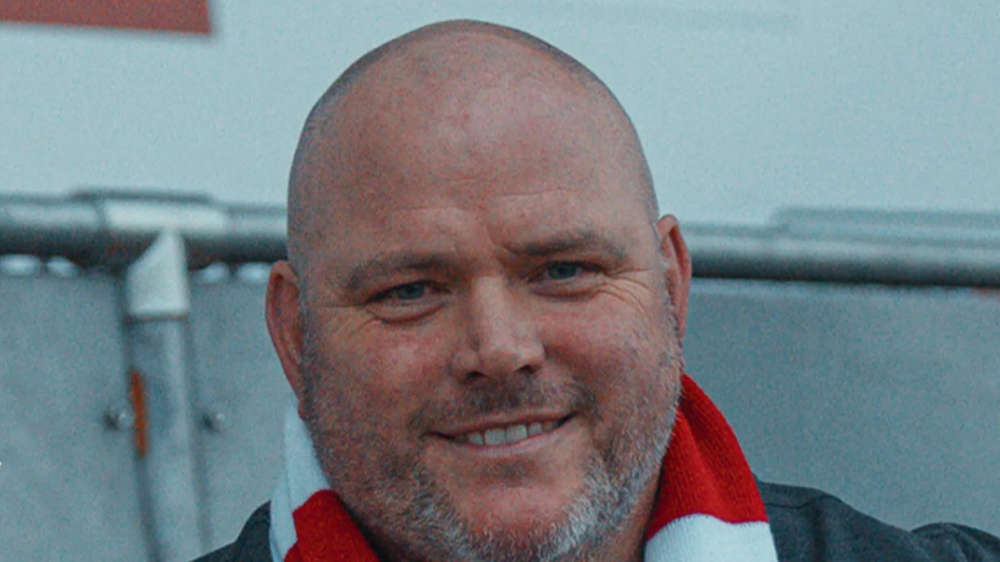 Jim Bentley returns for second spell as Morecambe FC manager
Jim Bentley returns for second spell as Morecambe FC manager
 Ashvir Singh Johal’s reign as Morecambe manager comes to an end
Ashvir Singh Johal’s reign as Morecambe manager comes to an end
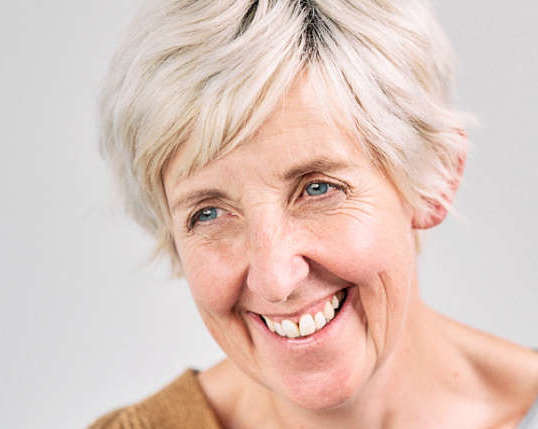 Lancaster writer's ghost story of Morecambe to be voiced by acting legend on Radio 4
Lancaster writer's ghost story of Morecambe to be voiced by acting legend on Radio 4
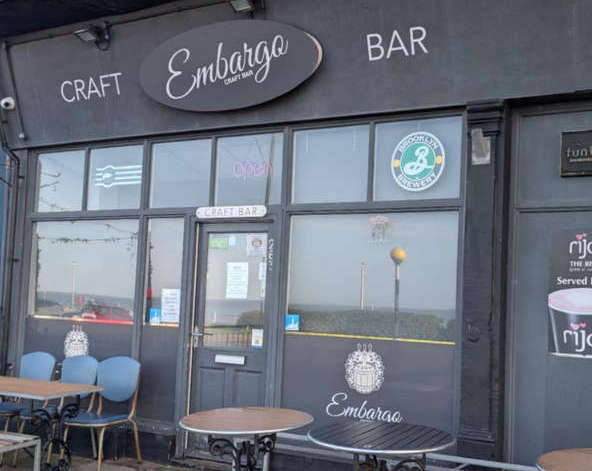 Change of name announced for popular Morecambe bar
Change of name announced for popular Morecambe bar
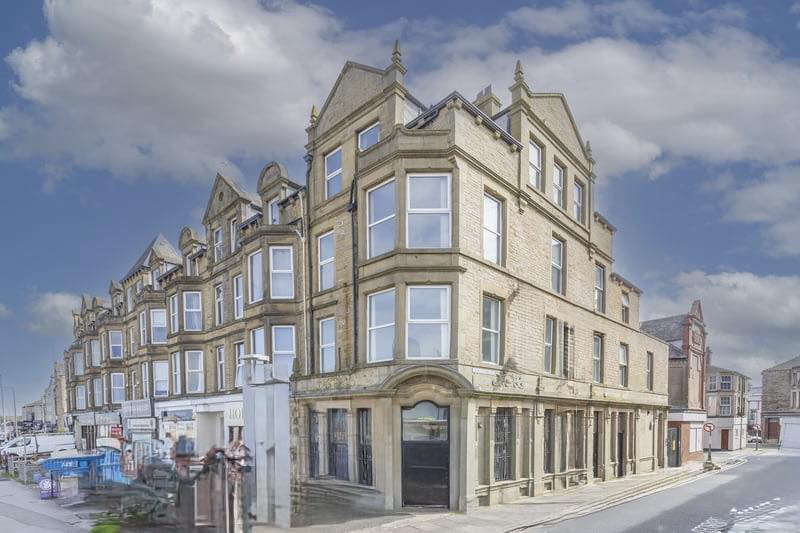 Opening announced for new Morecambe bistro inside former post office
Opening announced for new Morecambe bistro inside former post office
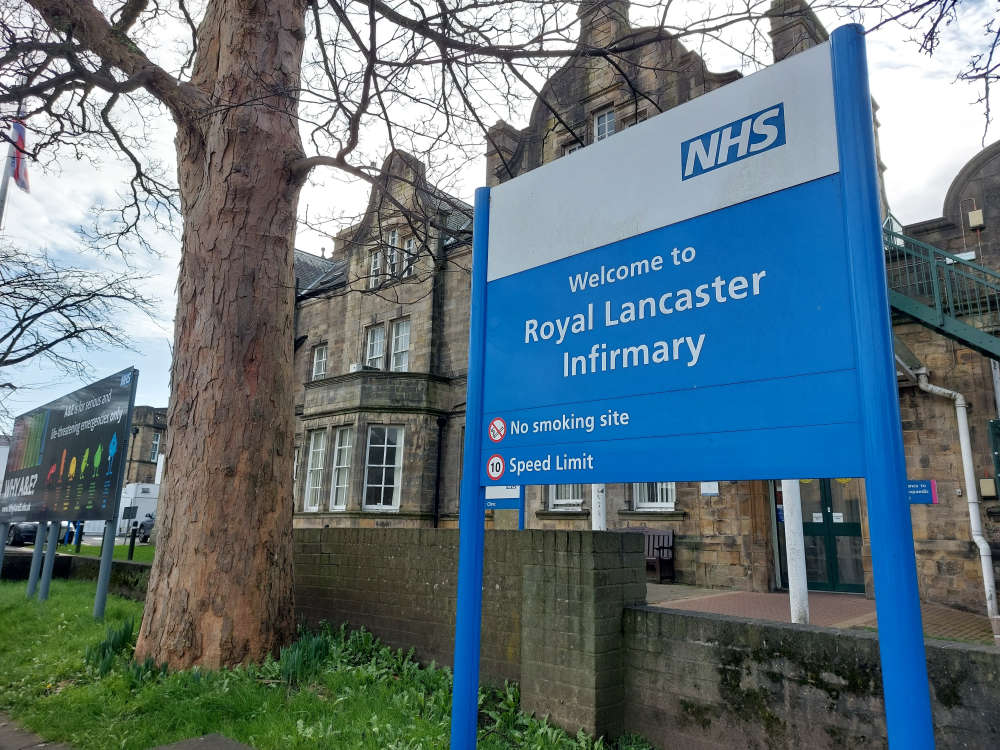 Health watchdog report shows improvements to services at Royal Lancaster Infirmary
Health watchdog report shows improvements to services at Royal Lancaster Infirmary
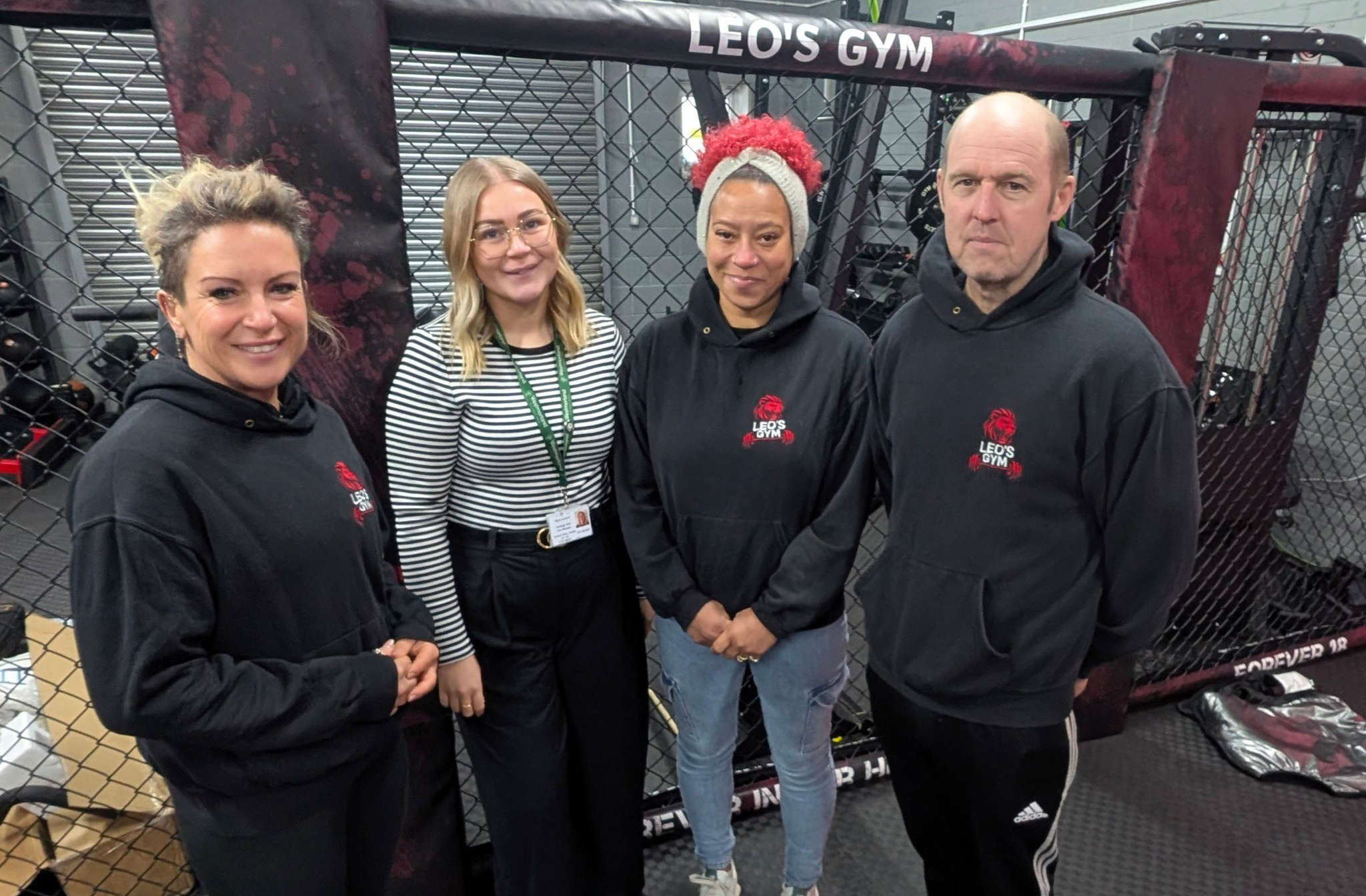 LISTEN: How Leo's Gym is making a difference in memory of young Morecambe boxer
LISTEN: How Leo's Gym is making a difference in memory of young Morecambe boxer
 LISTEN: Lancaster set to celebrate Chinese New Year
LISTEN: Lancaster set to celebrate Chinese New Year
 Lancaster’s Vue Cinema under new ownership
Lancaster’s Vue Cinema under new ownership
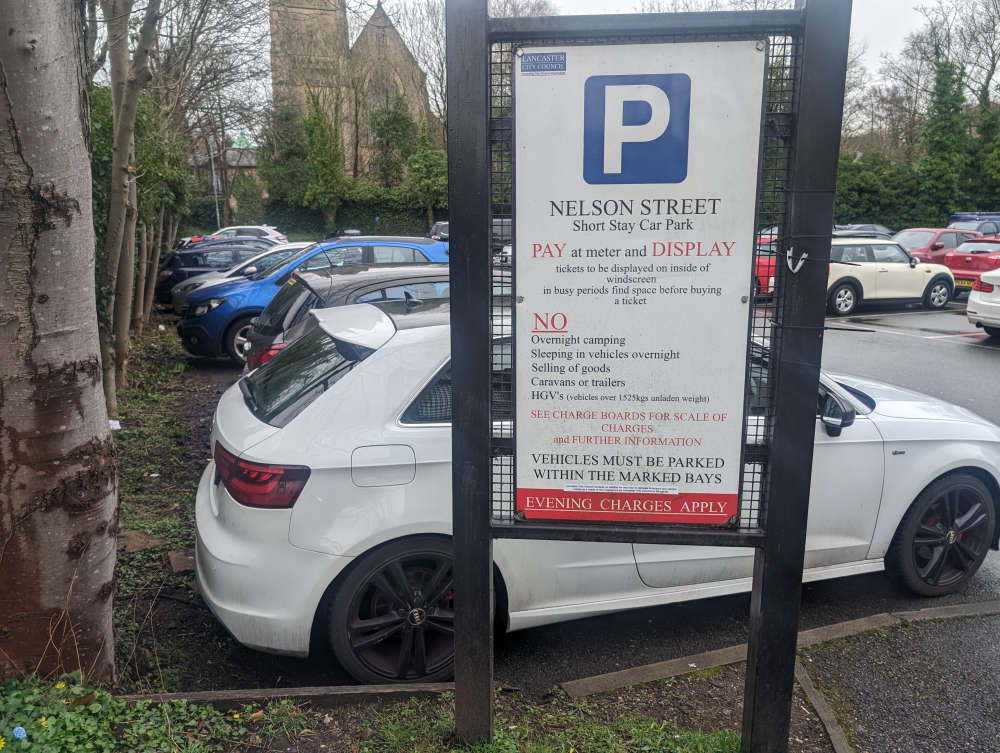 Lancaster city centre car park to close ahead of "catalyst for the development of the Canal Quarter"
Lancaster city centre car park to close ahead of "catalyst for the development of the Canal Quarter"
 Crews tackle commercial building fire in Lancaster
Crews tackle commercial building fire in Lancaster
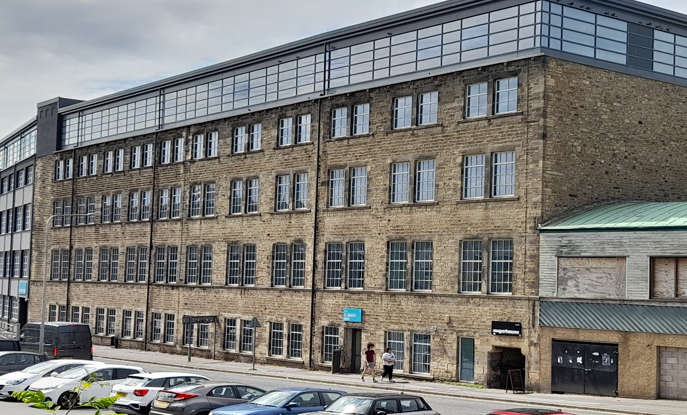 Heritage plaque to mark first Lancaster University site and Gillow factory
Heritage plaque to mark first Lancaster University site and Gillow factory
 Heysham men appear in court in connection with death of cyclist in Morecambe
Heysham men appear in court in connection with death of cyclist in Morecambe
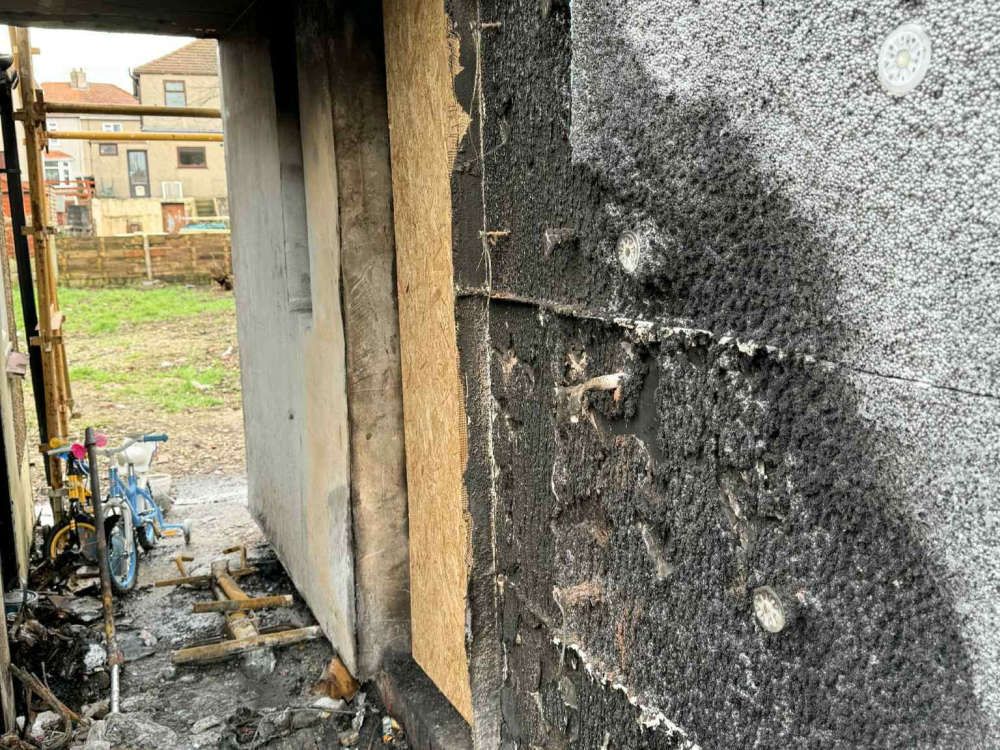 Fundraiser launched for Heysham family who lost everything in house fire
Fundraiser launched for Heysham family who lost everything in house fire








